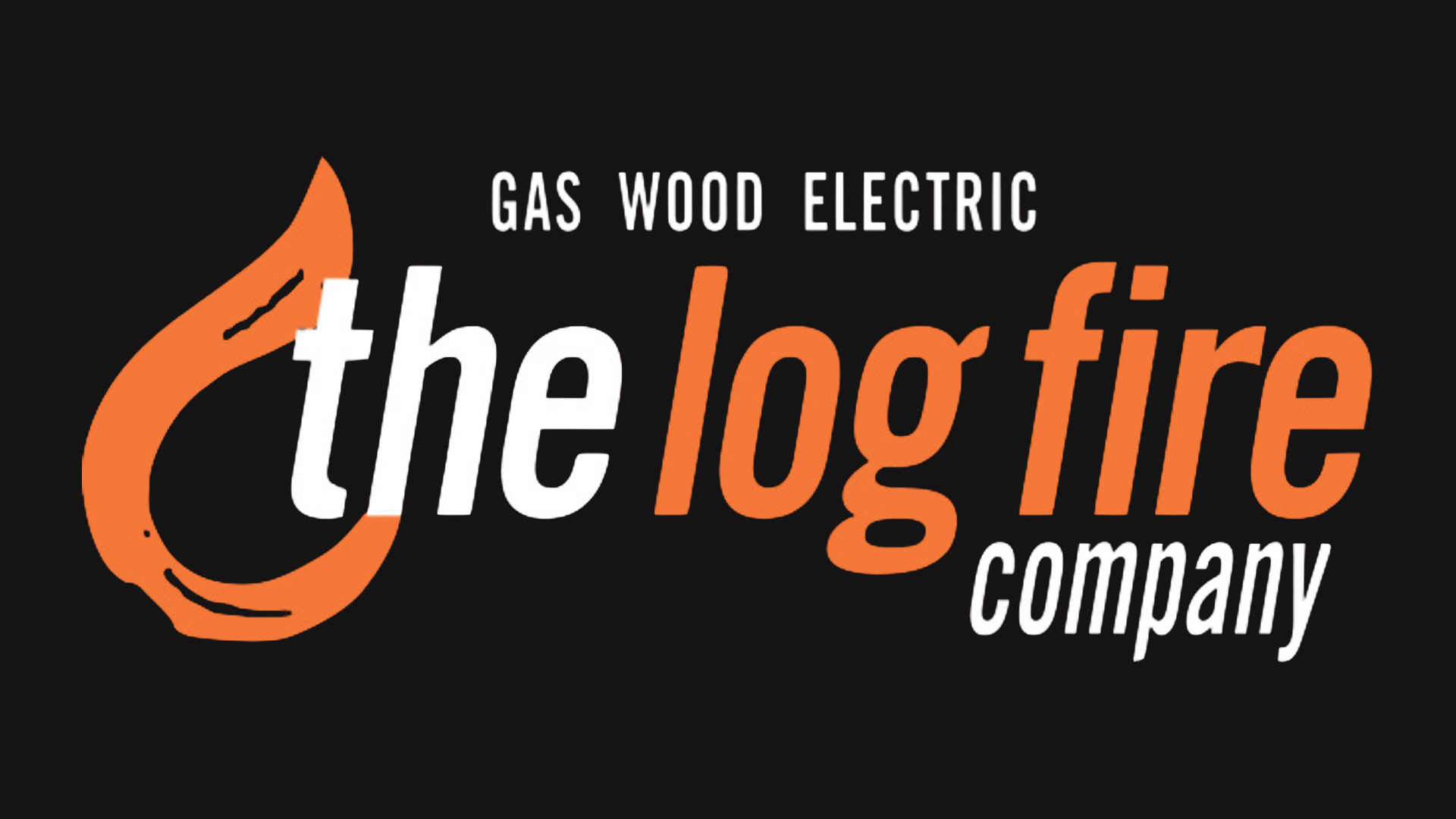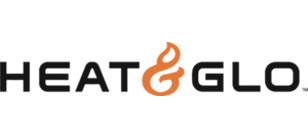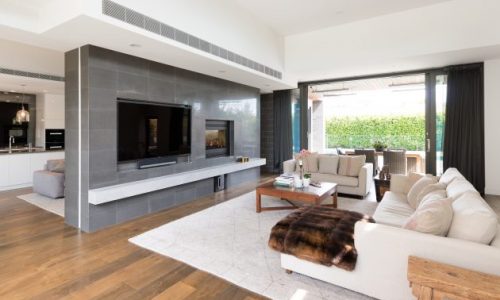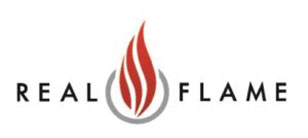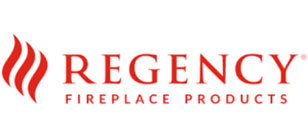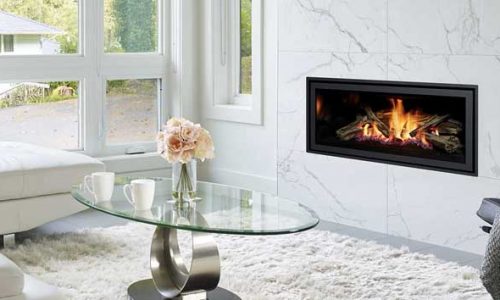As recent news reports indicate, Victoria is on the brink of a significant shift in rental property standards. Recent proposals by the state government aim to improve heating and cooling in rental properties in Melbourne, a move set to benefit thousands of tenants who have long endured subpar living conditions. As temperatures soar in summer and plummet in winter, the need for efficient climate control in homes becomes increasingly apparent.
Current State of Rental Heating and Cooling in Victoria
For many renters in Victoria, inadequate heating and cooling systems have been a long-standing issue. A significant number of rental properties in Melbourne and the broader state lack efficient fireplace or climate control systems, leaving tenants to bear the brunt of extreme weather conditions. The absence of proper heating in Melbourne in winter and cooling in summer can lead to discomfort, health issues, and higher energy bills for tenants.
Challenges Faced by Renters
- Old and Inefficient Systems: Many rental properties still rely on outdated systems such as electric heaters and fans, which are not only inefficient but also expensive to run. These systems often fail to provide adequate heating and cooling, making it difficult for tenants to maintain a comfortable indoor temperature.
- Lack of Maintenance: Even when heating and cooling systems are installed, landlords often neglect their maintenance. This neglect leads to frequent breakdowns and inefficiencies, further exacerbating the problem for tenants.
- Financial Burden: The cost of running inefficient systems can be prohibitive for many renters, who already face high living costs in cities like Melbourne. The financial strain of high energy bills adds to the stress of inadequate climate control.
The Government’s Proposal
In response to growing concerns about the quality of rental housing, the Victorian government has proposed new standards for heating and cooling in rental properties. This includes fireplace options in Melbourne. This proposal aims to ensure that all rental properties are equipped with modern, efficient systems that provide adequate climate control.
Key Features of the Proposal
- Mandatory Installation of Efficient Systems: The proposal mandates that all rental properties in Melbourne be equipped with efficient heating and cooling systems. This requirement is designed to ensure that tenants have access to reliable climate control, regardless of the age or condition of the property.
- Incentives for Landlords: To encourage compliance, the government plans to offer incentives to landlords who upgrade their properties. These incentives may include grants, tax breaks, and low-interest loans to offset the cost of installing new systems.
- Regular Inspections and Maintenance: The proposal also includes provisions for regular inspections and maintenance of heating and cooling systems. This measure aims to ensure that systems remain in good working order and continue to provide efficient climate control for tenants.
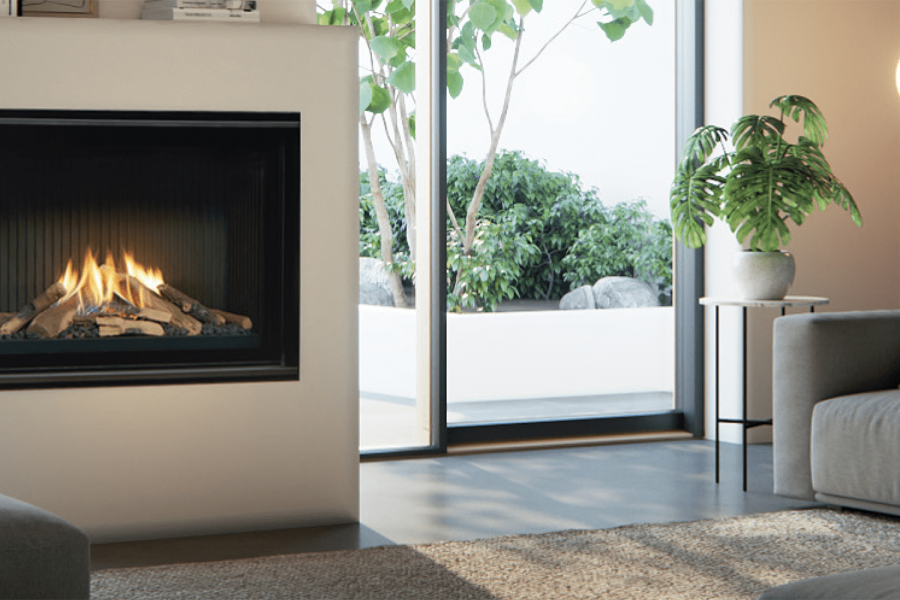
Benefits for Tenants
The implementation of these standards is expected to bring about significant benefits for tenants across Victoria.
Improved Comfort and Health
With access to efficient heating and cooling, tenants can enjoy a more comfortable living environment year-round. Proper climate control can also have a positive impact on health, reducing the risk of illnesses associated with extreme temperatures.
Reduced Energy Costs
Efficient systems consume less energy, leading to lower energy bills for tenants. This reduction in costs can provide much-needed financial relief, especially for those struggling to make ends meet in expensive cities like Melbourne.
Increased Quality of Life
Access to reliable heating and cooling in Melbourne can greatly enhance the quality of life for renters. Tenants can enjoy their homes without worrying about temperature extremes, leading to greater satisfaction and well-being.
Impact on Landlords
While the proposal is a win for tenants, it also presents challenges and opportunities for landlords.
Financial Considerations
The cost of upgrading heating and cooling systems can be significant, particularly for landlords with multiple properties. However, the proposed incentives can help alleviate some of these financial burdens. Additionally, properties with modern climate control systems may attract higher rents and more stable tenants, offering long-term financial benefits.
Compliance and Enforcement
Landlords will need to ensure compliance with the new standards to avoid penalties. This requirement may involve coordinating with contractors for installations and maintenance, as well as keeping up with any changes in regulations.
Market Competitiveness
Properties with efficient heating and cooling systems are likely to be more attractive to prospective tenants. Landlords who invest in these upgrades may find themselves at a competitive advantage in the rental market, potentially leading to reduced vacancy rates and higher tenant satisfaction.
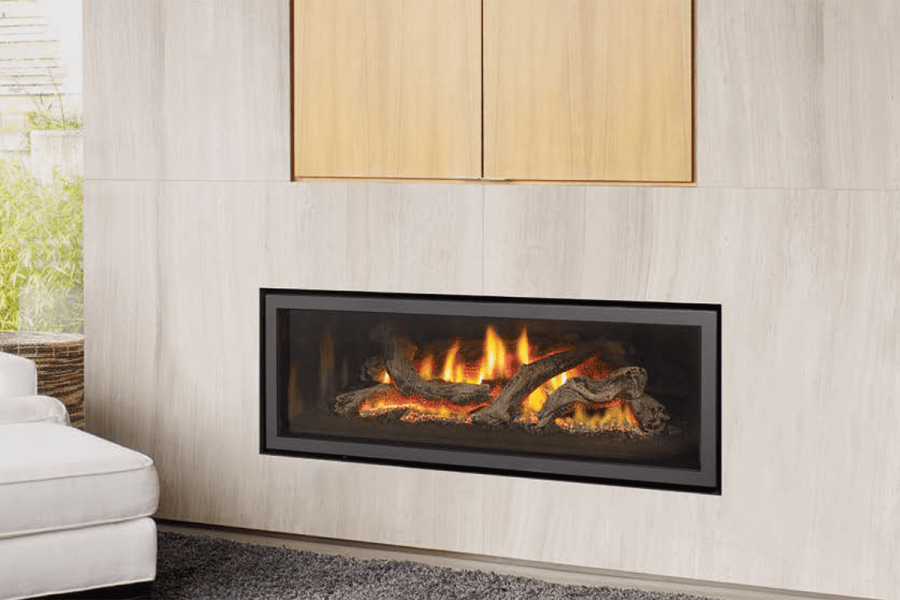
The Role of the Community
The success of these proposals depends not only on government action but also on the support and participation of the community.
Tenant Advocacy
Tenant advocacy groups play a crucial role in raising awareness about the importance of adequate heating and cooling in rental properties. By voicing their concerns and experiences, tenants can help drive the push for better standards and encourage government action.
Collaboration with Industry
Collaboration between the government, landlords, and the heating and cooling industry is essential for the successful implementation of the new standards. Industry professionals can provide valuable insights and expertise in selecting and installing efficient systems, ensuring that the standards are met effectively.
Public Awareness Campaigns
Raising awareness about the benefits of efficient heating and cooling is vital for gaining public support. Public awareness campaigns can educate both landlords and tenants about the advantages of modern climate control systems, fostering a culture of energy efficiency and sustainability.
Challenges and Considerations
While the proposal is a positive step forward, several challenges and considerations need to be addressed.
Cost of Implementation
The cost of upgrading heating and cooling systems may be prohibitive for some landlords, particularly those with older properties that require extensive work. The government must ensure that the proposed incentives are sufficient to encourage widespread adoption of the new standards.
Enforcement and Compliance
Ensuring compliance with the new standards will require effective enforcement mechanisms. The government must establish clear guidelines and procedures for inspections, as well as penalties for non-compliance, to ensure that all rental properties meet the required standards.
Addressing Regional Disparities
While the focus is often on Melbourne, news reports indicate that regional areas in Victoria also face challenges related to heating and cooling in rental properties. The government must ensure that the new standards are applied equitably across the state, taking into account the unique needs and circumstances of regional communities.
Conclusion
Victoria’s push to improve heating and cooling, as well as fireplace options in rental properties in Melbourne marks a significant step towards enhancing the quality of life for tenants. By ensuring access to efficient climate control, the proposal promises to bring comfort, health benefits, and financial relief to thousands of renters across the state.
While challenges remain, the collaboration between government, landlords, tenants, and industry professionals can pave the way for a brighter, more sustainable future in Victoria’s rental market. As these standards take shape, the state is set to become a model for rental housing quality, offering a warm welcome to all who call Victoria home.
